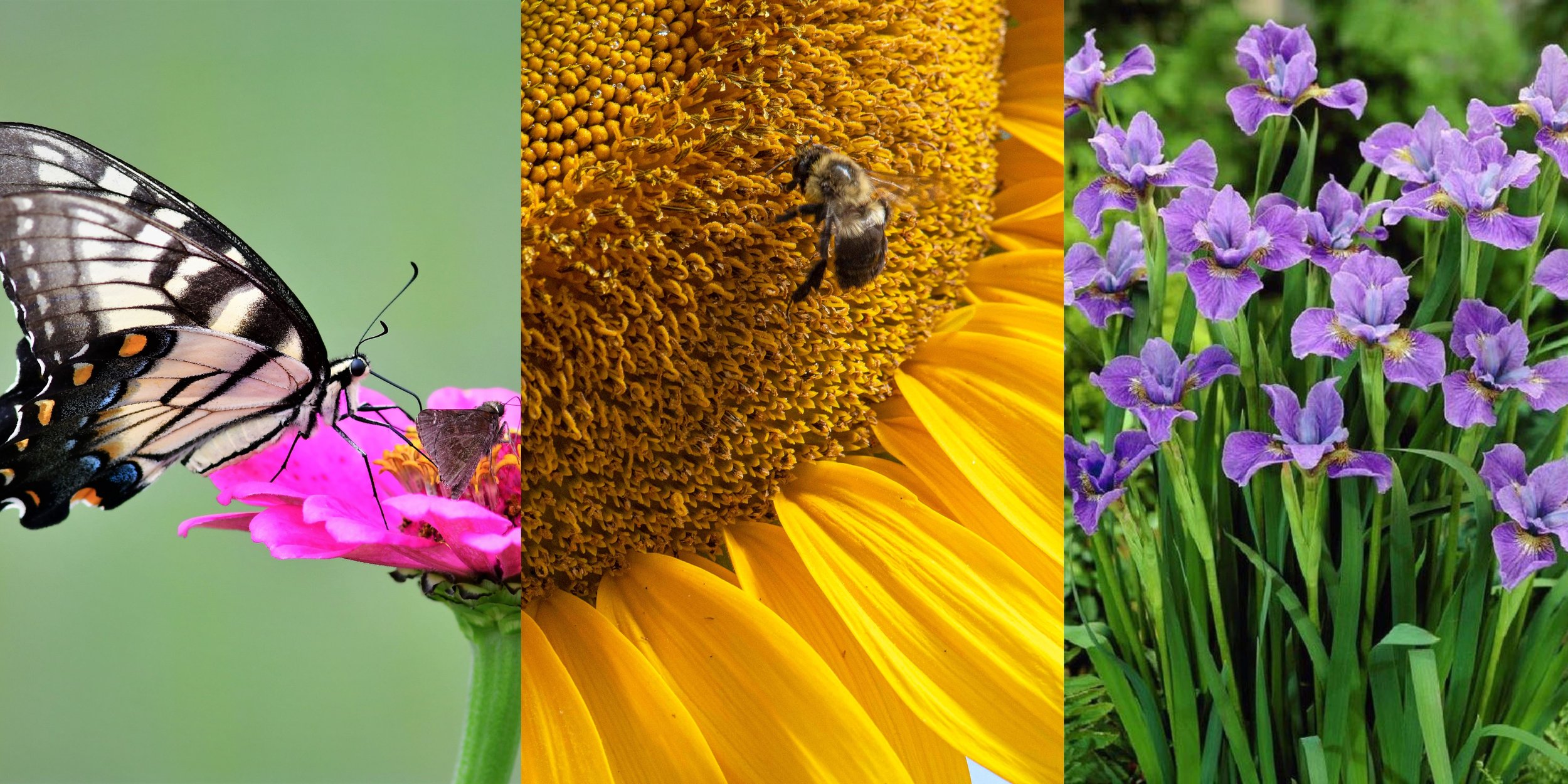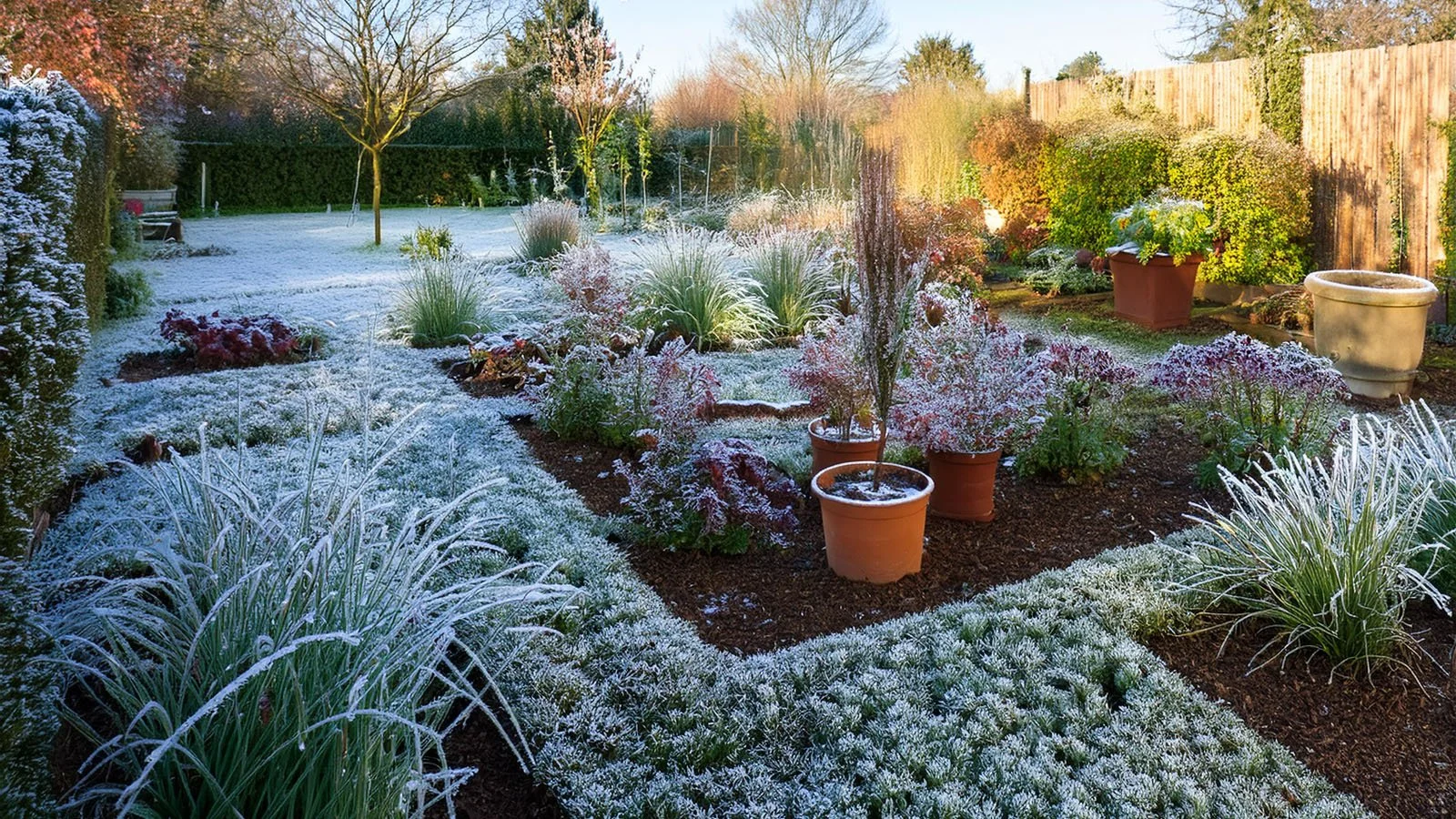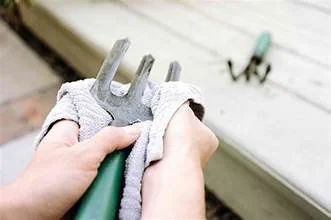
Growing something good in our NE Georgia neighborhood
We’re Off and Planting! Prep for Our 2026 Plant Sale Is Underway
Headwaters Master Gardeners are back at work in our greenhouse at Victory Home, potting and propagating our first batches of plants to be sold next May at our Plant Sale. We operate the greenhouse as a partnership with the Victory Home residential treatment center in Tallulah Falls.
The greenhouse team of MGs Kathy B., Laura W. and Lynn provided an orientation to the greenhouse activities along with a demonstration of how to pot plants correctly. Then we all got to work hauling soil, dividing and potting plants! We’ve already received a generous donation of 500 starter-size perennial flowers including Shasta Daisy, Tickseed and Stokes Aster from a resident of Sky Valley.
Several of the men living at the residential treatment center help us each week in the greenhouse. We enjoy getting to know the guys as we work side by side to grow beautiful plants to sell next May.
We’ll be working in the greenhouse one afternoon a week leading up to the Plant Sale, which will feature thousands of annuals, perennials, shrubs, trees, groundcovers, herbs and other plants. The Sale is always held the week before Mother’s Day, and proceeds benefit both Master Gardener and Victory Home programs.
Leave the Leaves This Fall to Support Pollinators, Toads, Birds and More!
In case you are looking for a reason not to rake, mow and blow this autumn (we are!)…
Leaving a layer of leaves on the ground that is a least 2 inches thick provides nutrients to your soil as the leaf matter decomposes. Think of it as free fertilizer.
Just as important are the benefits that fallen leaves provide for wildlife. Removing leaves eliminates vital habitat for critters such as skinks , toads , turtles and birds. Many animals rely on leaf litter for food, shelter and nesting material. Many bee, moth and butterfly caterpillars overwinter in fallen leaves before emerging in spring, just in time to pollinate your garden. When leaves are removed from the environment, not only is the protective and nesting material gone, but so are the larvae and eggs that may already be in place.
If you don’t want to keep all the leaves where they fall, you have options. You can rake them into garden beds, or around the base of trees. Put some in a pile somewhere that won’t be too unsightly so that you provide space for our garden friends. Too many leaves can kill grass, but in soil they can suppress weeds, retain moisture, and boost nutrition
Here are a few examples from the Xerces Society of how insects rely on leaves:
Great spangled fritillary and woolly bear caterpillars tuck themselves into leaf piles for protection from cold weather and predators.
Red-banded hairstreaks lay their eggs on fallen oak leaves, which become the first food of the caterpillars when they emerge.
Luna moths and swallowtail butterflies disguise their cocoons and chrysalises as dried leaves, blending in with the “real” leaves.
Bumble bees create nests in cavities underground, in trees, or in brush piles. They prefer abandoned rodent burrows. At the end of summer, mated queen bumble bees burrow only an inch or two into the earth to hibernate for winter. An extra thick layer of leaves is welcome protection from the elements.
30% of native bees are tunnel-nesting, such as leafcutter and mason bees. These solitary-nesting species need narrow tunnels or other tiny spaces in dead wood, hollow stems, or brush piles.
To go a step beyond, help by creating nesting sites! Pollinators need sticks, flower stems, bare ground, wooden logs, and more to create their ideal nesting space. Create an area in your landscape where you can supply all of this to them. For more ideas or more details, check out the Xerces Society Nesting Resources page.
Caterpillars of the Great Spangled Fritillary Butterfly seek refuge during the winter in leaf piles.
Bumblebees nest in cavities underground. Queens burrow just beneath the soil surface in the winter to hibernate, and a blanket of leaves keeps them snug and warm till Spring.
November Gardening Tips: Get Ready for Winter’s Slowdown
November brings a welcome slower pace in our gardens, as we finish our final planting and transplanting, clean and store garden tools and hoses, and enjoy chilly mornings by the fire. Some tasks to consider:
Improve soil while it is still workable by adding lots of organic matter like manure, compost or green waste like leaves and grass clippings.
If you beat the freezes, you can still plant daffodils, tulips and other Spring-flowering bulbs.
Continue to transplant perennials throughout the fall and winter as long as they remain dormant.
Transplant trees and shrubs. Dig a large root ball and transplant as soon as possible to prevent drying out.
Prune evergreens to maintain their shape.
After chrysanthemums have died, cut stems back to the ground and lightly mulch.
Mulch lawn with mowed, shredded leaves.
Clean and oil your garden tools before storing them for winter.
Drain gas from your lawn mower before storing for winter.
Drain garden hoses before disconnecting so they don’t freeze and burst.
If you enjoy birds, keep your feeders and suet baskets stocked for hungry feathered customers! Make sure to keep your bird feeders clean.
Linger by the fire in the mornings and savor a chance to slow down and enjoy the tranquility of late autumn.







